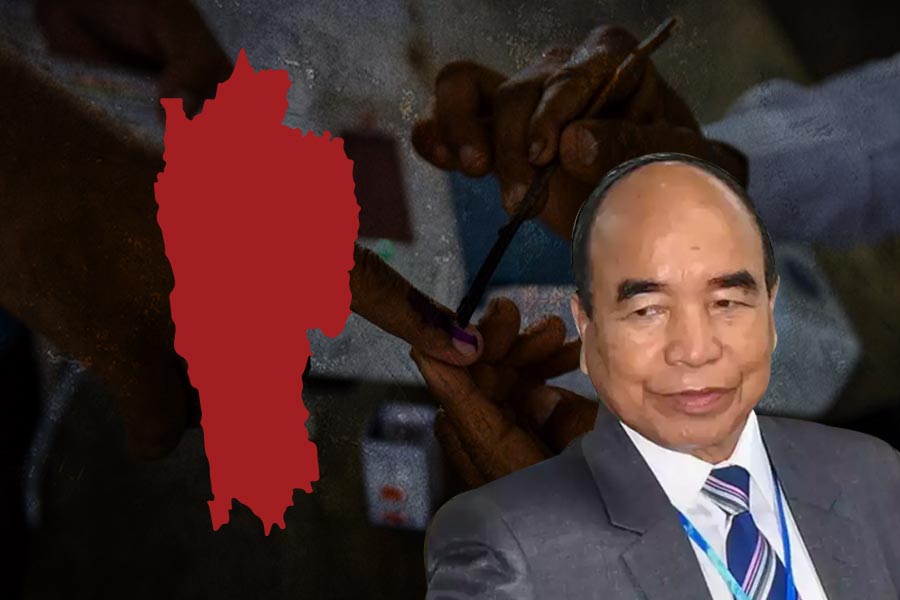Indian politics, it is often believed, has little space for the proverbial young gun. This need not always be true: mint-fresh political parties have often thrown a spanner in the works of established outfits. Mizoram is an instance of the young upstaging the entrenched. Fighting only its second election, the Zoram People’s Movement has catapulted itself to power, edging out the Mizo National Front as well as the also-rans, the Bharatiya Janata Party and the Congress. The ZPM, a conglomeration of six entities, began its political journey only recently: it had won eight seats in the last assembly polls, a performance that was instrumental in it being registered as a political party the following year. Interestingly, unlike most other political parties, reform lies at the root of the ZPM’s political project. Its zeal to remove social evils — from corruption to alcoholism to religious division — is a reflection of its progressive politics. The people of Mizoram and its influential institutions — the church being one — seem to have responded positively to this message of change. It is now up to the ZPM to deliver on its pledges of positive transformation.
The MNF has borne the brunt of the collective desire for overhaul. The Congress, which once enjoyed an uninterrupted stint in power, has been reduced to a pale shadow. The BJP has won two seats; there were whispers of an outreach to the ZPM after a rift developed between the MNF and the saffron party. The BJP’s domination of politics at the Centre may force the ZPM into a tightrope walk with the BJP. But it would be a delicate act, given the ZPM’s absolute commitment to secularism and protection of religious minorities — two prickly issues on which the BJP and the ZPM do not see eye to eye. It would be worth watching the developments on the ZPM-BJP front in the coming days.

